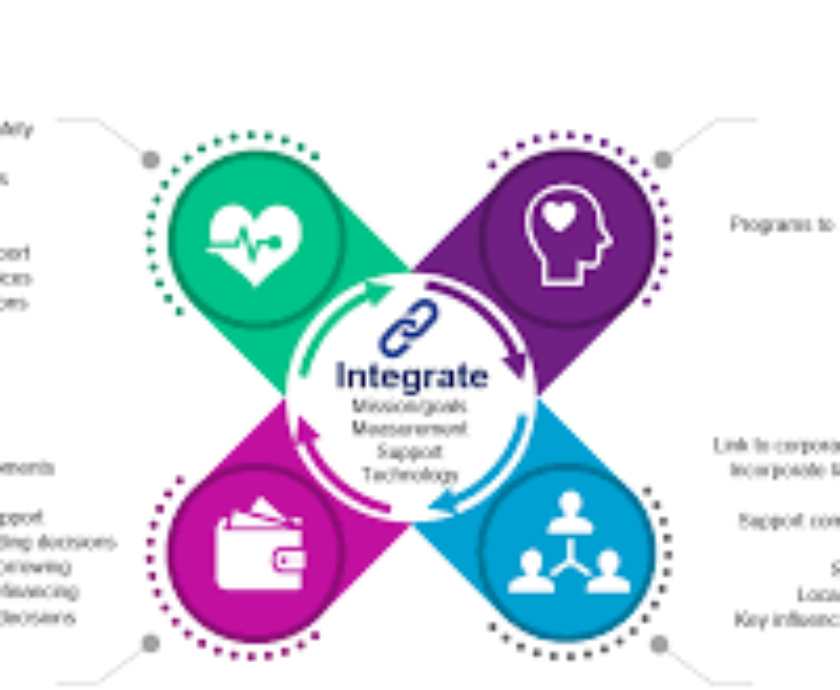As the Pakistani poet Habib Jalib said, ‘ I refuse to acknowledge, I refuse to accept.’ Not to misrepresent Jalib, but perhaps he didn’t realize that a positive side of Gen Zia ul Haque was, in effect, that he eliminated ableism to a certain extent. That is pretty much all one can say about what Gen Zia ul Haque did that was positive – but that can be debated, and we do not want to go down the political route. I hope this acts as a guide for some to identify ableism.
Refusing to accept that society has an ableist nature
I recently reflected upon some experiences that my friends, both in Gilgit and the UK, told me of how they were discriminated against in the societies that they live in. Ableism is alive and kicking, but like everything, one cannot fully prove that ableism happened in one’s community. Yes, sentiments can hurt, but they cant be provable in a court of law. So what are some of the signs that one can notice which can indicate ableism?
Signs of Ableism
- Being empathetic for no good reason
- Rejecting one’s feelings (emotionally), be it in whichever way possible.
- Inconsiderate of Disabled people
Power versus disabled people.
Even the most left-wing character Karl Marx describes an ideal man to be ‘
the ‘ ideal man ‘[1] is someone ‘ who can coordinate certain cognitive and physiological abilities’ . So can we say that Lenin or Stalin were Marx’s ideal men or Putin be over the top. I think not and one of the point that I was alluding to in another article is society needs to get out of this zone where disabled people are all poor and must be all good Morality and Governance – How PWDS are respected – Why is this? Fear?. NO!
We do not need to keep giving disabled people just charity but also give them the skills to achieve something.
[1] Steffan Bengtsson, Out of the frame: disability and the body in the writings of Karl
Marx, Scandinavian Journal Of Disability Research, 2017. Page 154.




